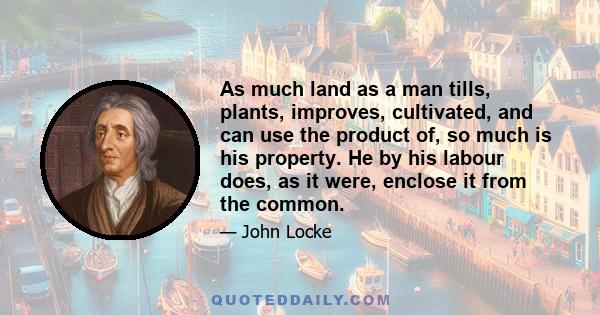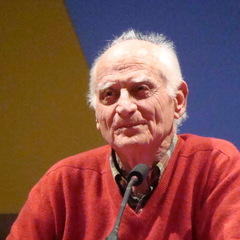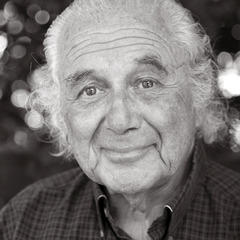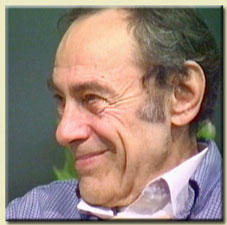John Locke Quotes - Page 9

John Locke (2012). “The Second Treatise of Government and A Letter Concerning Toleration”, p.27, Courier Corporation
John Locke, John Milton (1830). “Some thoughts concerning education”, p.150
John Locke (2017). “Delphi Complete Works of John Locke (Illustrated)”, p.1542, Delphi Classics
John Locke (1824). “The Works of John Locke: In Nine Volumes”, p.188
John Locke (2012). “A Letter Concerning Toleration: Latin and English Texts Revised and Edited with Variants and an Introduction”, p.45, Springer Science & Business Media
John Locke (1765). “Letters Concerning Toleration: By Iohn Locke”, p.33
"An Essay Concerning Human Understanding" by John Locke, (Book IV, Ch. 7), 1689.
John Locke (1836). “An Essay Concerning Human Understanding”, p.148
John Locke (1812). “Essay on human understanding concluded. Defence of Mr. Locke's opinion concerning personal identity. Of the conduct of the understanding. Some thoughts concerning reading and study for a gentleman. Elements of natural philosophy. A new method of a common-place-book”, p.195
John Locke, George Berkeley (2010). “Locke, Berkely & Hume”, p.103, Cosimo, Inc.
John Locke, James Augustus St. John (1872). “Philosophical Works: Preliminary discourse by the editor. On the conduct of the understanding. An essay concerning human understanding”, p.128
John Locke (1751). “Works”, p.242
John Locke (1815). “An essay concerning human understanding. Also extr. from the author's works, i. Analysis of mr. Locke's doctrine of ideas [&c.].”, p.96
John Locke (1854). “Locke's essays. An essay concerning human understanding. And A treatise on the conduct of the understanding. With the author's last additions”, p.489
Curiosity should be as carefully cherish'd in children, as other appetites suppress'd.
John Locke (1725). “Some Thoughts concerning Education ... The eighth edition”, p.148
John Locke (1840*). “The Conduct of the Understanding; By John Locke ... Essays, Moral, Economical, and Political; by Francis Bacon”, p.132
"Some Thoughts Concerning Education" by John Locke, (Sec. 81), 1693.
John Locke (1825). “An Essay Concerning Human Understanding: An analysis of Mr. Locke's Doctrine of ideas .... A defense of Mr. Locke's Opinion concerning personal identity .... A treatise on the conduct of the understanding. Some thoughts concerning reading and study for a gentleman. Elements of natural philosophy. A new method of a common place book. Extracted from the author's works. With a life of the author”
John Locke (1888*). “Some thoughts on education and an essay on the consequences of the lowering of interest and raising the value of money”
John Locke (2015). “The Second Treatise of Civil Government”, p.82, Broadview Press






